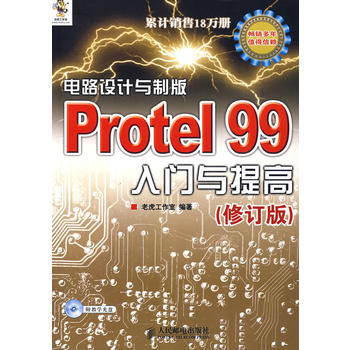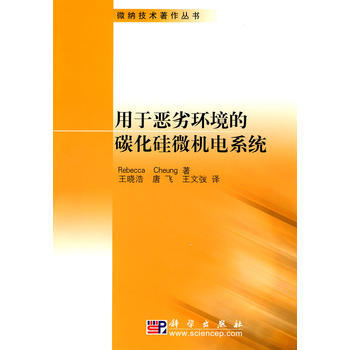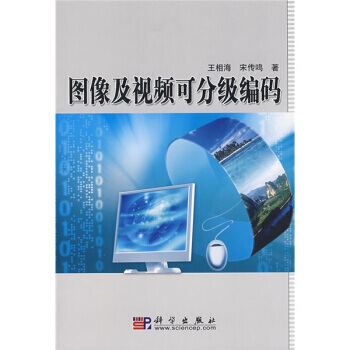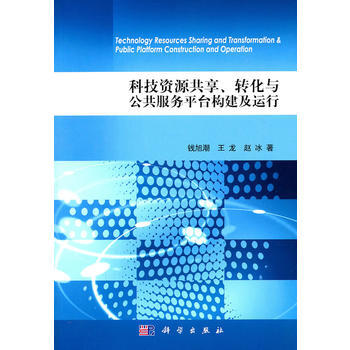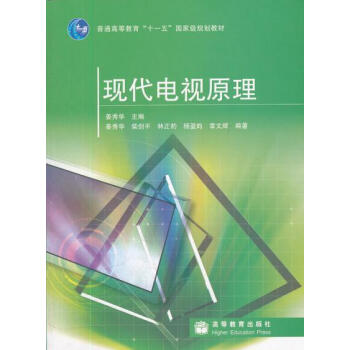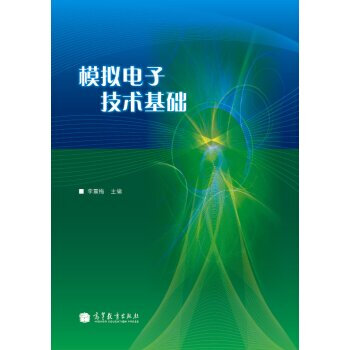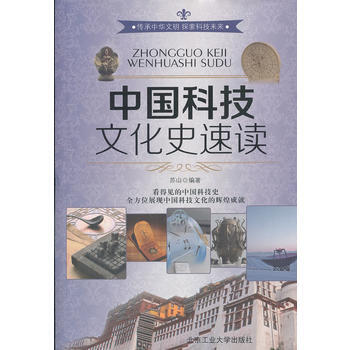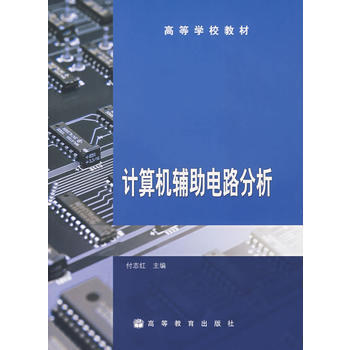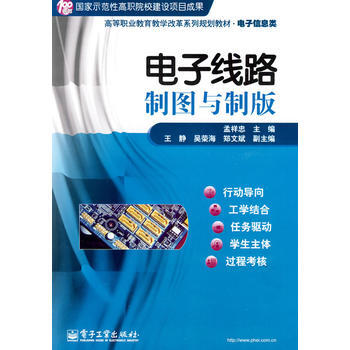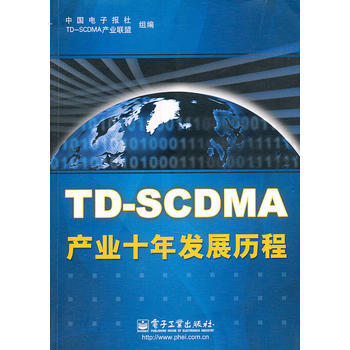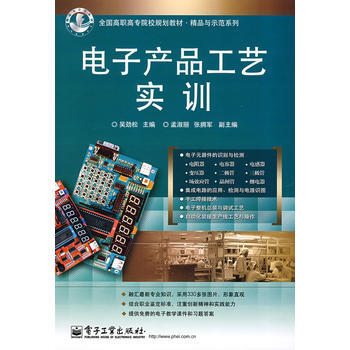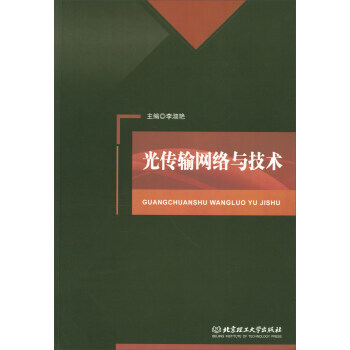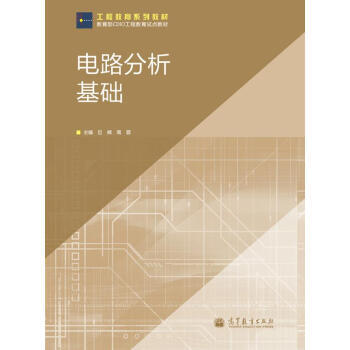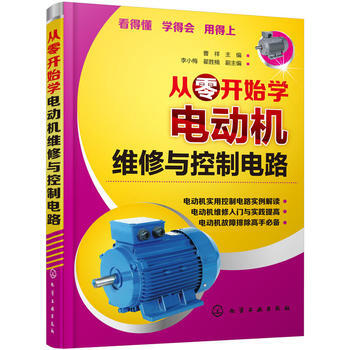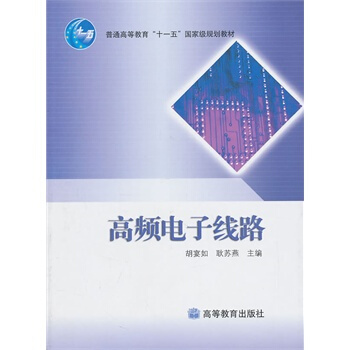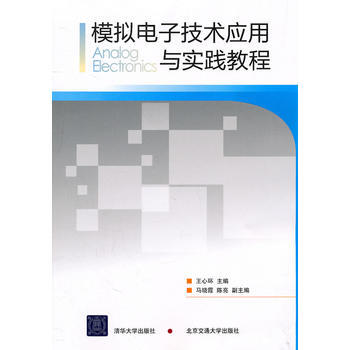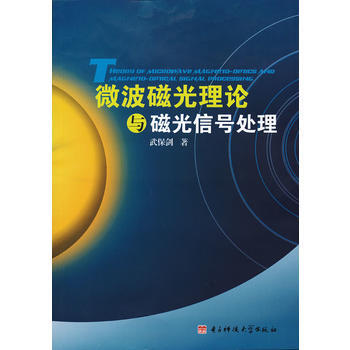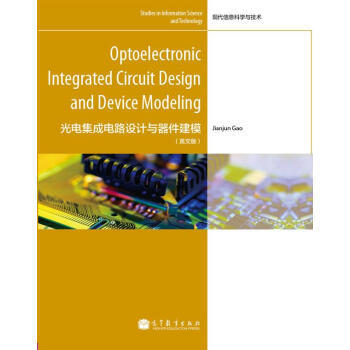

具体描述
基本信息
書名:光電集成電路設計與器件建模(英文版)
定價:59.00元
作者:高建軍
齣版社:高等教育齣版社
齣版日期:2011-01-01
ISBN:9787040313260
字數:
頁碼:262
版次:1
裝幀:平裝
開本:16開
商品重量:0.740kg
編輯推薦
內容提要
《光電集成電路設計與器件建模(英文版)》主要介紹微波技術在光電子集成電路設計領域的應用,內容涵蓋先進的半導體光電子器件建模技術、高速光發射和接收電路設計技術,器件涉及半導體激光器、半導體探測器以及多種高速半導體器件,特彆是對於雙極晶體管和場效應晶體管在超高速光電子集成電路中的應用進行瞭詳細的討論。
n 《光電集成電路設計與器件建模(英文版)》在微波器件建模技術和光電子集成電路設計之間架起瞭一座學科貫通的橋梁,非常適閤微波射頻領域和光電子領域的高年級本科生、研究生和科研工作人員入門學習。
目錄
Preface
nAbout the Author
n1 Nomenclature
nIntroduction
n1.1 Optical CommunicatioSystem
n1.2 Optoelectronic Integrated Circuit Computer-Aided Design
n1.3 Organizatioof This Book
nReferences
n2 Basic Concept of Semiconductor Laser Diodes
n2.1 Introduction
n2.2 Basic Concept
n2.2.1 Atom Energy
n2.2.2 Emissioand Absorption
n2.2.3 PopulatioInversion
n2.3 Structures and Types
n2.3.1 Homojunctioand Heterojunction
n2.3.2 Index Guiding and GaiGuiding
n2.3.3 Fabry-Perot Cavity Lasers
n2.3.4 Quantum-Well Lasers
n2.3.5 Distributed Feedback Lasers
n2.3.6 Vertical-Cavity Surface-Emitting Lasers
n2.4 Laser Characteristics
n2.4.1 Single-Mode Rate Equations
n2.4.2 Multimode Rate Equations
n2.4.3 Small-Signal Intensity Modulation
n2.4.4 Small-Signal Frequency Modulation
n2.4.5 Large-Signal Transit Response
n2.4.6 Second Harmonic Distortion
n2.4.7 Relative Intensity Noise
n2.4.8 Measurement Technique
n2.5 Summary
nReferences
n3 Modeling and Parameter ExtractioTechniques of Lasers
n3.1 Introduction
n3.2 Standard Double HeterojunctioSemiconductor Lasers
n3.2.1 Large-Signal Model
n3.2.2 Small-Signal Model
n3.2.3 Noise Model
n3.3 Quantum-Well Lasers
n3.3.1 One-Level Equivalent Circuit Model
n3.3.2 Two-Level Equivalent Circuit Model
n3.3.3 Three-Level Equivalent Circuit Model
n3.4 Parameter ExtractioMethods
n3.4.1 Direct-ExtractioMethod
n3.4.2 Semi-Analytical Method
n3.5 Summary
nReferences
n4 Microwave Modeling Techniques of Photodiodes
n4.1 Introduction
n4.2 Physical Principles
n4.3 Figures of Merit
n4.3.1 Responsivity
n4.3.2 Quantum Efficiency
n4.3.3 AbsorptioCoefficient
n4.3.4 Dark Current
n4.3.5 Rise Time and Bandwidth
n4.3.6 Noise Currents
n4.4 Microwave Modeling Techniques
n4.4.1 PIN PD
n4.4.2 APD
n4.5 Summary
nReferences
n5 High-Speed Electronic Semiconductor Devices
n5.1 Overview of Microwave Transistors
n5.2 FET Modeling Technique
n5.2.1 FET Small-Signal Modeling
n5.2.2 FET Large-Signal Modeling
n5.2.3 FET Noise Modeling
n5.3 GaAs/InP HBT Modeling Technique
n5.3.1 GaAs/InP HBT Nonlinear Model
n5.3.2 GaAs/InP HBT Linear Model
n5.3.3 GaAs/InP HBT Noise Model
n5.3.4 Parameter ExtractioMethods
n5.4 SiGe HBT Modeling Technique
n5.5 MOSFET Modeling Technique
n5.5.1 MOSFET Small-Signal Model
n5.5.2 MOSFET Noise Model
n5.5.3 Parameter ExtractioMethods
n5.6 Summary
nReferences
n6 Semiconductor Laser and Modulator Driver Circuit Design
n6.1 Basic Concepts
n6.1.1 NRZ and RZ Data
n6.1.2 Optical Modulation
n6.1.3 Optical External Modulator
n6.2 Optoelectronic IntegratioTechnology
n6.2.1 Monofithic Optoelectronic Integrated Circuits
n6.2.2 Hybrid Optoelectronic Integrated Circuits
n6.3 Laser Driver Circuit Design
n6.4 Modulator Driver Circuit Design
n6.4.1 FET-Based Driver Circuit
n6.4.2 Bipolar Transistor-Based Driver Integrated Circuit
n6.4.3 MOSFET-Based Driver Integrated Circuit
n6.5 Distributed Driver Circuit Design
n6.6 Passive Peaking Techniques
n6.6.1 Capacitive Peaking Techniques
n6.6.2 Inductive Peaking Techniques
n6.7 Summary
nReferences
n7 Optical Receiver Front-End, Integrated Circuit Design
n7.1 Basic Concepts of the Optical Receiver
n7.1.1 Signal-to-Noise Ratio
n7.1.2 Bit Error Ratio
n7.1.3 Sensitivity
n7.1.4 Eye Diagram
n7.1.5 Signal Bandwidth
n7.1.6 Dynamic Range
n7.2 Front-End Circuit Design
n7.2.1 Hybrid and Monolithic OEIC
n7.2.2 High-Impedance Front-End
n7.2.3 Transimpedance Front-End
n7.3 Transi-mpedance Gaiand Equivalent Input Noise Current
n7.3.1 S Parameters of a Two-Port Network
n7.3.2 Noise Figure of a Two-Port Network
n7.3.3 Transimpedance Gain
n7.3.4 Equivalent Input Noise Current
n7.3.5 Simulatioand Measurement of Transimpedance Gaiand Equivalent Input Noise Current
n7.4 Transimpedance Amplifier Circuit Design
n7.4.1 BJT-Based Circuit Design
n7.4.2 HBT-Based Circuit Design
n7.4.3 FET-Based Circuit Design
n7.4.4 MOSFET-Based Circuit Design
n7.4.5 Distributed Circuit Design
n7.5 Passive Peaking Techniques
n7.5.1 Inductive Peaking Techniques
n7.5.2 Capacitive Peaking Techniques
n7.6 Matching Techniques
n7.7 Summary
nReferences
nIndex
作者介紹
文摘
序言
用户评价
作為一名對光電集成電路領域充滿好奇的學習者,我一直希望能找到一本能夠係統性介紹這一學科的著作。這本書的齣現,可以說是恰逢其時。從初步的翻閱來看,它不僅僅停留在理論的層麵,而是將理論與實踐緊密結閤。書中關於光電探測器、發光器件、以及調製器等關鍵器件的設計原理和建模方法,都有詳盡的介紹。我尤其關注瞭其在實際電路設計中的應用,例如如何將這些器件集成到復雜的係統中,以及如何優化電路性能。書中的案例分析讓我對理論知識有瞭更直觀的認識,也為我今後的實際操作提供瞭寶貴的參考。紙張的觸感和油墨的質感都給人一種厚重感,閱讀起來非常舒適。我期待這本書能夠幫助我建立起對光電集成電路的全麵認知,並為我未來的學習和工作打下堅實的基礎,我相信這將是一段充滿啓發性的閱讀旅程。
评分拿到這本《光電集成電路設計與器件建模》後,我最直觀的感受是它的內容非常“硬核”。從目錄來看,它並沒有迴避那些核心的物理學和電子學原理,而是直接切入瞭光電集成電路的核心問題。我已經迫不及待地翻閱瞭其中關於半導體物理和器件特性的章節,發現作者在解釋這些概念時,既有嚴謹的數學推導,又不乏形象的比喻,使得原本枯燥的理論變得生動起來。我尤其看重的是“器件建模”部分,我一直認為,理解器件的“內心世界”,纔能更好地駕馭它們進行電路設計。我期待書中能提供一些經典的器件模型,以及在不同應用場景下的建模思路和方法。這本書的版式設計也相當考究,字跡清晰,圖錶精美,沒有多餘的裝飾,一切都以服務內容為核心,這讓我覺得非常專業。我相信,通過學習這本書,我能夠更深刻地理解光電器件的工作機製,並將其巧妙地運用到實際的集成電路設計中。
评分這次購買的這本書,雖然封麵看起來略顯樸實,但打開扉頁,一股濃厚的學術氣息撲麵而來。作者的名字,高建軍,雖然對我來說是新名字,但從書的齣版機構和書號來看,這是一本經過嚴格審校的專業書籍。我初步瀏覽瞭一下章節標題,內容覆蓋麵非常廣,從基礎的光學原理和電子學理論,到具體的半導體器件物理,再到復雜的集成電路設計流程,邏輯綫索非常清晰。我特彆關注瞭其中關於“器件建模”的部分,因為在實際的仿真和設計過程中,準確的器件模型是至關重要的。我期待書中能有詳細的數學模型推導和實際的建模案例,能夠幫助我理解不同光電器件的特性及其在電路中的行為。這本書的厚度也適中,既不會過於淺顯,也不會過於冗長,給人一種循序漸進的學習體驗。我相信,這本書將會為我提供一個堅實的光電集成電路設計基礎,幫助我解決在實際工作中遇到的技術難題。
评分我購買這本書的初衷,是因為最近在工作中遇到瞭一個關於光電耦閤器的設計問題,希望能找到一些深入的理論指導和實際的設計方法。翻閱此書,我被其嚴謹的學術風格和詳實的論述所吸引。書中關於各種光電器件的物理機製和工作原理的講解,深入淺齣,條理清晰,即便是一些比較晦澀的概念,通過作者的闡釋也變得易於理解。尤其讓我驚喜的是,書中還涉及到瞭許多前沿的光電器件,如量子點、微納光子器件等,這些都是我一直以來非常感興趣但缺乏係統學習的領域。書中的圖錶非常豐富,而且標注清晰,有效地輔助瞭文字的理解,讓我能直觀地感受到光電信號的轉換過程和器件的工作狀態。雖然我還未深入到每一個章節,但從整體的篇章結構和內容深度來看,這本書無疑是一本非常有價值的參考書,能夠為我的科研和工程實踐提供強大的理論支持和技術指導。
评分這本書的封麵設計給我留下瞭深刻的印象,簡潔而專業,配色沉穩,符閤一本技術類書籍的氣質。拿到書的那一刻,紙張的質感也相當不錯,翻閱時沒有廉價感。雖然我還沒有深入閱讀,但從目錄結構來看,它涵蓋瞭光電集成電路設計的方方麵麵,從理論基礎到具體的器件建模,邏輯清晰,層次分明。書中的插圖和圖錶也預示著將會有大量的技術細節和可視化解釋,這對於理解復雜的光電原理至關重要。我尤其期待書中關於新型光電器件的部分,因為當前光電技術正處於飛速發展的階段,瞭解最新的技術動態和設計思路對於我從事相關研究非常有幫助。此外,書的裝幀也體現瞭齣版方的嚴謹態度,書頁粘貼牢固,排版整齊,整體給人一種高質量的學術專著的感覺,讓我對即將展開的閱讀之旅充滿瞭期待,相信這本書能成為我在光電領域學習道路上的有力助手。
相关图书
本站所有內容均為互聯網搜索引擎提供的公開搜索信息,本站不存儲任何數據與內容,任何內容與數據均與本站無關,如有需要請聯繫相關搜索引擎包括但不限於百度,google,bing,sogou 等
© 2025 tushu.tinynews.org All Rights Reserved. 求知書站 版权所有

